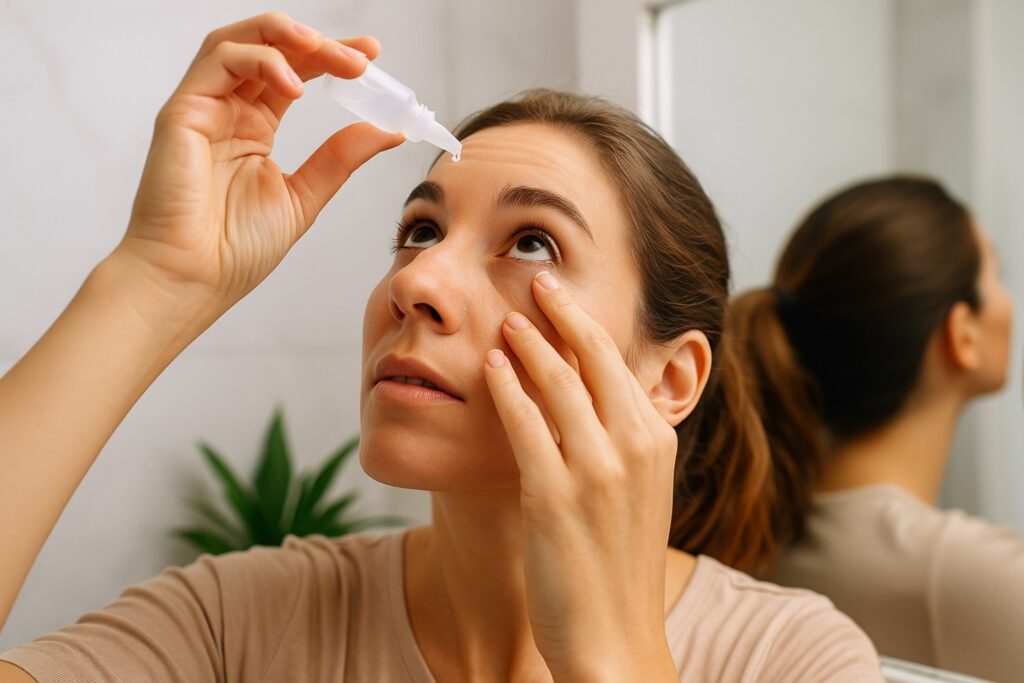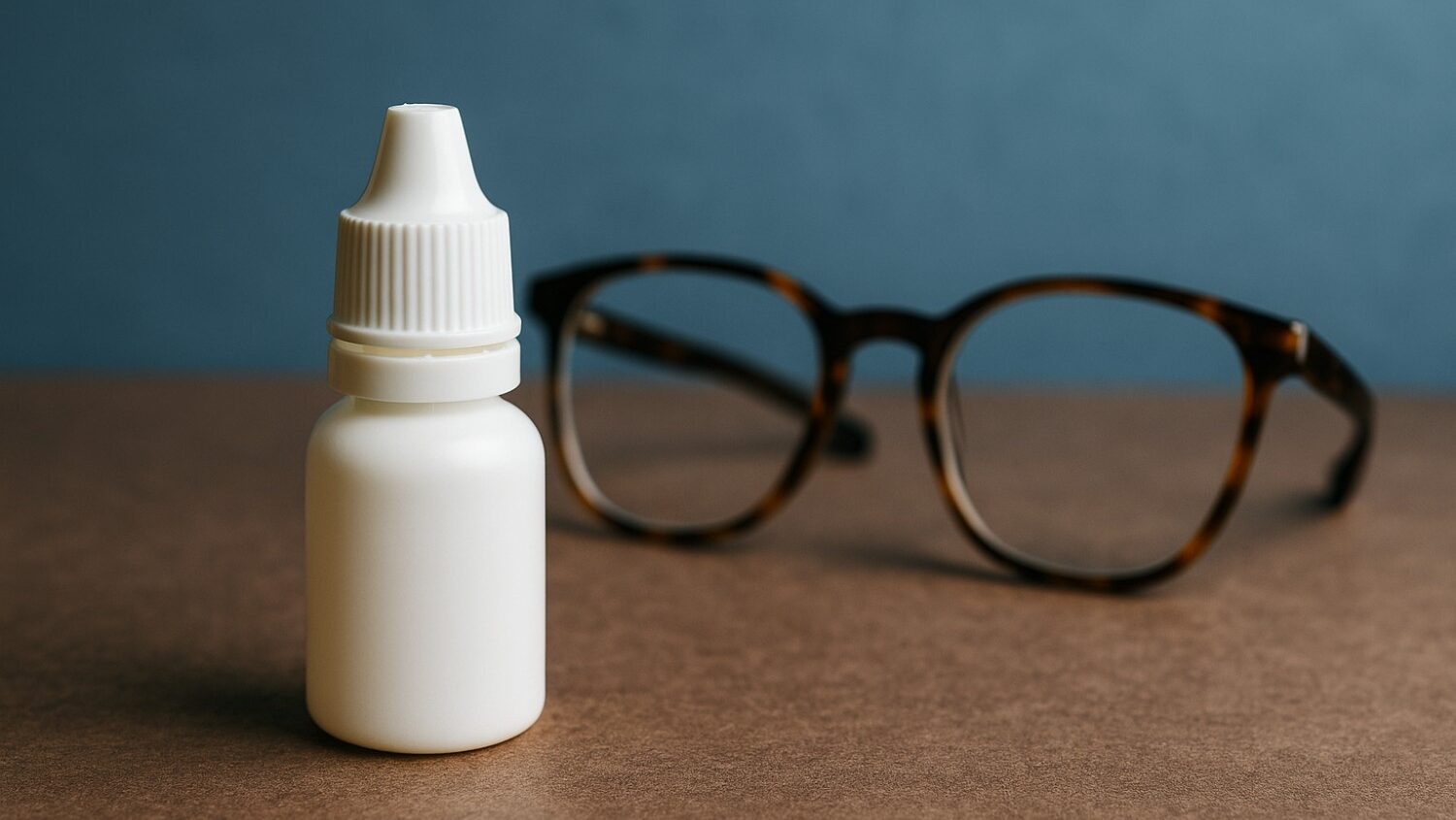Eye Drops That Can Harm Your Eyes Instead of Helping Them
Many people reach for eye drops to relieve dryness, redness, or irritation without a second thought. But not all eye drops are created equal, and some may do more harm than good over time. Misusing over-the-counter products or relying on the wrong formula can worsen the very symptoms you’re trying to treat. Understanding which products to avoid — and why — can help you protect your vision and make better decisions for your eye health.

Why This Matters: The Background
Eye drops are often marketed as quick fixes for everything from allergies to dry eyes, but their ingredients vary widely. Some formulas are designed for short-term relief, while others should only be used under medical supervision. Overuse, contamination, or selecting a product not suited to your condition can lead to side effects such as increased redness, allergic reactions, or even long-term damage to the cornea.
Millions of Americans rely on eye drops for dry eyes or redness relief every day. However, not all formulas are created equal. Many over-the-counter brands contain vasoconstrictors — ingredients that temporarily shrink blood vessels to make eyes look whiter. While the instant effect can be satisfying, this mechanism often causes a “rebound redness” effect once the drops wear off.
This cycle leads to dependency — the more you use the drops, the redder your eyes become without them. Over time, these products can irritate the delicate ocular surface, especially for people with dry eye syndrome or sensitive eyes.
Common Types of Eye Drops That Can Be Harmful
Redness-Relief Drops (Decongestant Drops)
These drops work by constricting blood vessels to “whiten” the eyes. While they provide instant cosmetic improvement, overuse can lead to a rebound effect — once the drop wears off, redness may worsen, prompting repeated use and dependency. Long-term use can also cause irritation and dryness.
Expired or Contaminated Drops
Eye drops can lose effectiveness or harbor bacteria after expiration. Contaminated solutions can lead to infections, especially if the tip of the bottle touches the eye or lashes. Always check expiration dates and avoid sharing bottles with others.
Steroid Eye Drops Without Prescription
Corticosteroid eye drops are powerful medications used for inflammation, but they should only be prescribed and monitored by an eye doctor. Misusing steroid drops can increase intraocular pressure (raising glaucoma risk) and cause cataracts over time.
Homemade or Unregulated “Natural” Eye Drops
Some online or homemade remedies claim to soothe eyes naturally but are not sterile or tested. Non-sterile eye solutions can cause serious infections, corneal ulcers, or even blindness. Stick to FDA-approved or doctor-recommended brands only.
Drops with Preservatives for Sensitive Eyes
Preservatives like benzalkonium chloride (BAK) help prevent bacterial growth in bottles, but frequent use can irritate sensitive eyes, especially in people with dry eye syndrome or contact lens wearers. Preservative-free options may be safer for long-term use.
How to Use Eye Drops Safely
- Consult an eye doctor before starting or regularly using medicated drops.
- Use preservative-free drops if you need frequent lubrication.
- Never use drops past their expiration date.
- Avoid “redness relief” drops for daily use — opt for lubricating artificial tears instead.
- Store eye drops properly and avoid touching the applicator tip to your eye.
Conclusion
While eye drops can be a helpful part of eye care, the wrong type — or improper use — can harm your eyes rather than help them. By learning which drops to avoid and following safe-use guidelines, you can protect your vision and make informed decisions about your eye health. Always consult an eye care professional for personalized recommendations.
References:
https://www.aao.org/eye-health/drugs
https://www.fda.gov/drugs/drug-safety-and-availability
https://www.cdc.gov/contactlenses/eye-drops
https://www.ncbi.nlm.nih.gov/pmc/articles/PMC3000779/
https://www.fda.gov/consumers/consumer-updates
https://www.ncbi.nlm.nih.gov/pmc/articles/PMC6290078/







